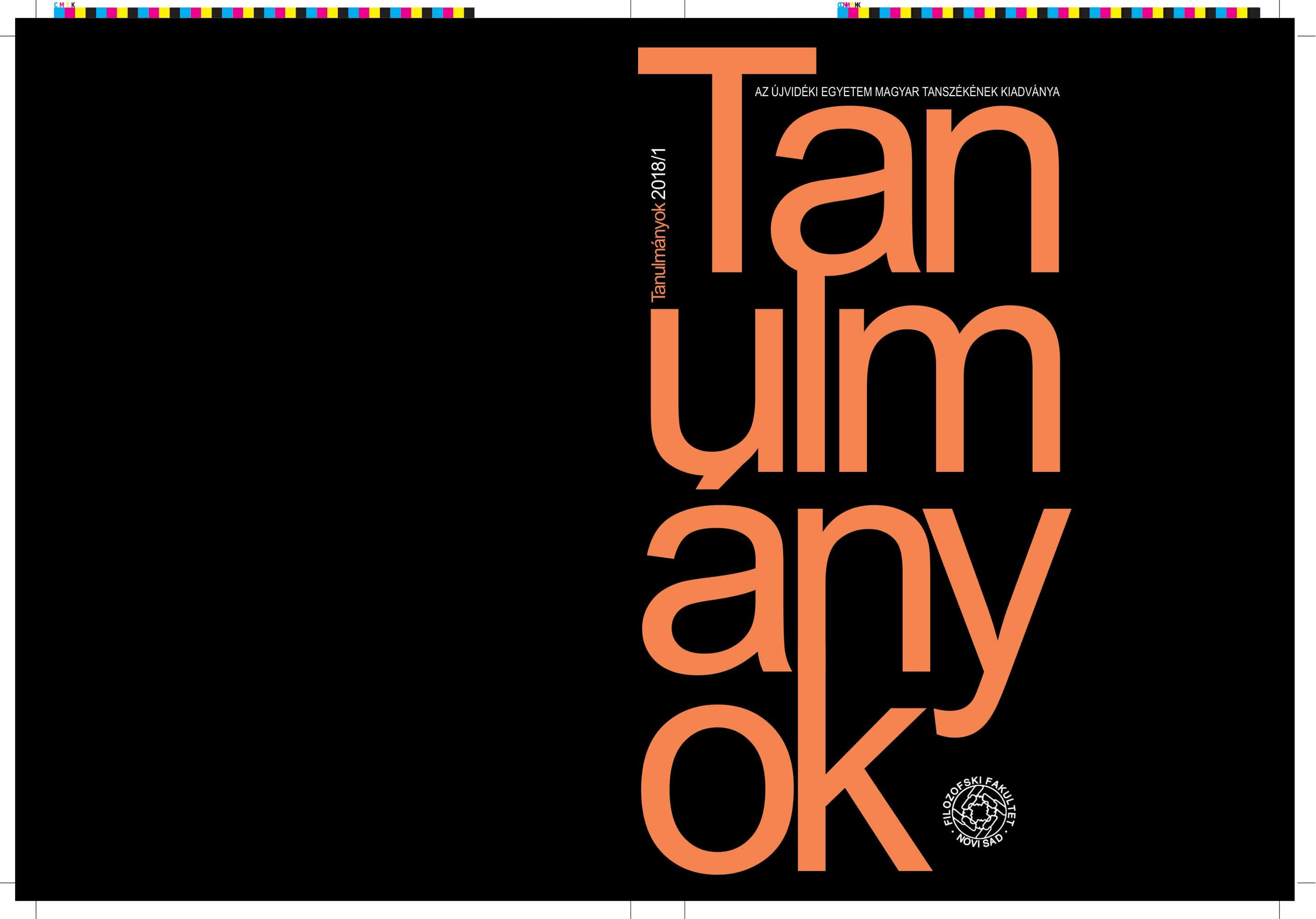Magyar–szerb etnikai viszonyok Rákóczi újratemetése idején
Hungarian–Serbian ethnic relations at the time
of the reburial of Rákóczi
Author(s): Viktor FehérSubject(s): History, Cultural Anthropology / Ethnology
Published by: Филозофски факултет, Универзитет у Новом Саду
Keywords: Ferenc Rakoczi II; reburial; Hungarian-Serb ethnic relations; multiethnicity
Summary/Abstract: The parliamentary crises of the Hungarian history between 1903 and 1906 caused parliamentary coup, the dissolution of the diet, the end of administration of the Szabadelvű Part, the coalitional formation of the oppositionist parties and its accession to power, and finally the pulling apart of Hungarian public opinion (to those who seek for agreement and to national oppositionists, while 100 000 people from working-class overrun the streets of the capital city. According to the “new conciliation” at the beginning of 1906, Wekerle Sándor become the head of government, whose only presidential success was that the ashes of Rákóczi Ferenc II and his emigrant fellows were brought home and the reburial of them. For this event, he activated a country-wide cooperation. However, this “great national event” cannot be seen as a politically and ethnically conflictless manifestation. In this paper, I seek for an answer to the question: what discourses did the reburial ceremony of Rákóczi Ferenc II in 1906 represent in the south-Hungarian, multiethnic area of contemporary Hungary. Additionally, I analyzed what global and local contexts the revealed sources during press-analysis can be fit into.
Journal: Tanulmányok
- Issue Year: 2018
- Issue No: 1
- Page Range: 211-225
- Page Count: 15
- Language: Hungarian

